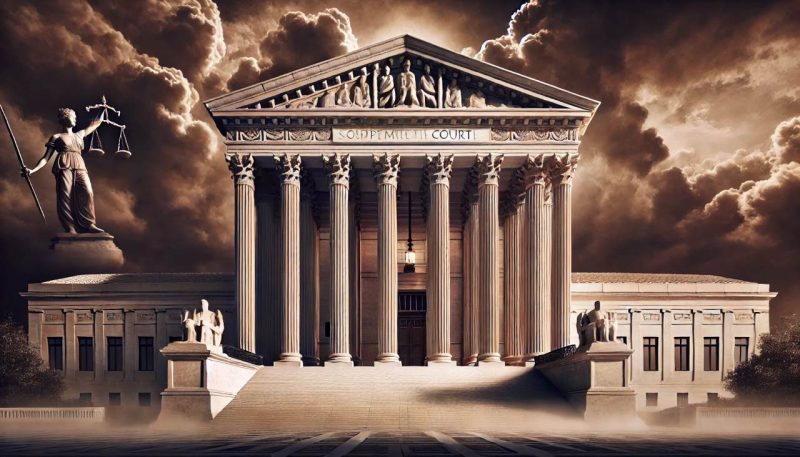
The Supreme Court has handed down a pivotal ruling, determining that former President Donald Trump is entitled to some level of immunity concerning his actions related to the January 6th Capitol riot.
This decision has profound implications for both Trump’s ongoing legal battles and the future interpretation of presidential immunity.
Key Aspects of the Ruling
The court’s decision acknowledges that certain actions taken by a president as part of their official duties are protected by immunity. However, it does not grant absolute immunity, leaving open the possibility of prosecution for actions deemed outside those official duties. This nuanced stance means that while Trump may avoid charges for some actions related to January 6th, he could still face legal consequences for other actions considered private or beyond the scope of his presidential role.
Judicial Perspectives and Deliberations
- Justice Brett Kavanaugh and other conservative justices expressed concerns about the broader implications of applying criminal statutes to presidential actions. Kavanaugh emphasized that such statutes could lead to politically motivated prosecutions, potentially hampering the functions of future presidencies.
- Justice Amy Coney Barrett and the court’s liberal justices, including Justice Ketanji Brown Jackson, questioned the scope of immunity and the necessity to differentiate between official and private conduct. They argued for a clearer delineation of what constitutes protected presidential actions.
Impact on Ongoing Legal Proceedings
Special Counsel Jack Smith, who is prosecuting Trump for his role in attempting to overturn the 2020 election results, faces new challenges in moving the trial forward. The Supreme Court’s decision could delay proceedings as lower courts may need to further examine which of Trump’s actions are protected by presidential immunity and which are not. This delay could mean that the trial might not commence before the 2024 presidential election, adding another layer of complexity to the legal and political landscape.
Broader Implications for Presidential Immunity
The ruling sets a significant precedent for how presidential immunity is interpreted in the future. By recognizing some level of immunity while rejecting absolute immunity, the court has laid the groundwork for future cases involving presidential conduct. This decision underscores the ongoing debate about the balance between holding presidents accountable and protecting the executive branch from undue legal entanglements.
Conclusion
The Supreme Court’s ruling on Trump’s immunity is a landmark decision that will influence not only the former president’s legal battles but also the broader understanding of presidential powers and accountability. As the legal process continues to unfold, the implications of this decision will be closely watched by legal scholars, politicians, and the public alike.
